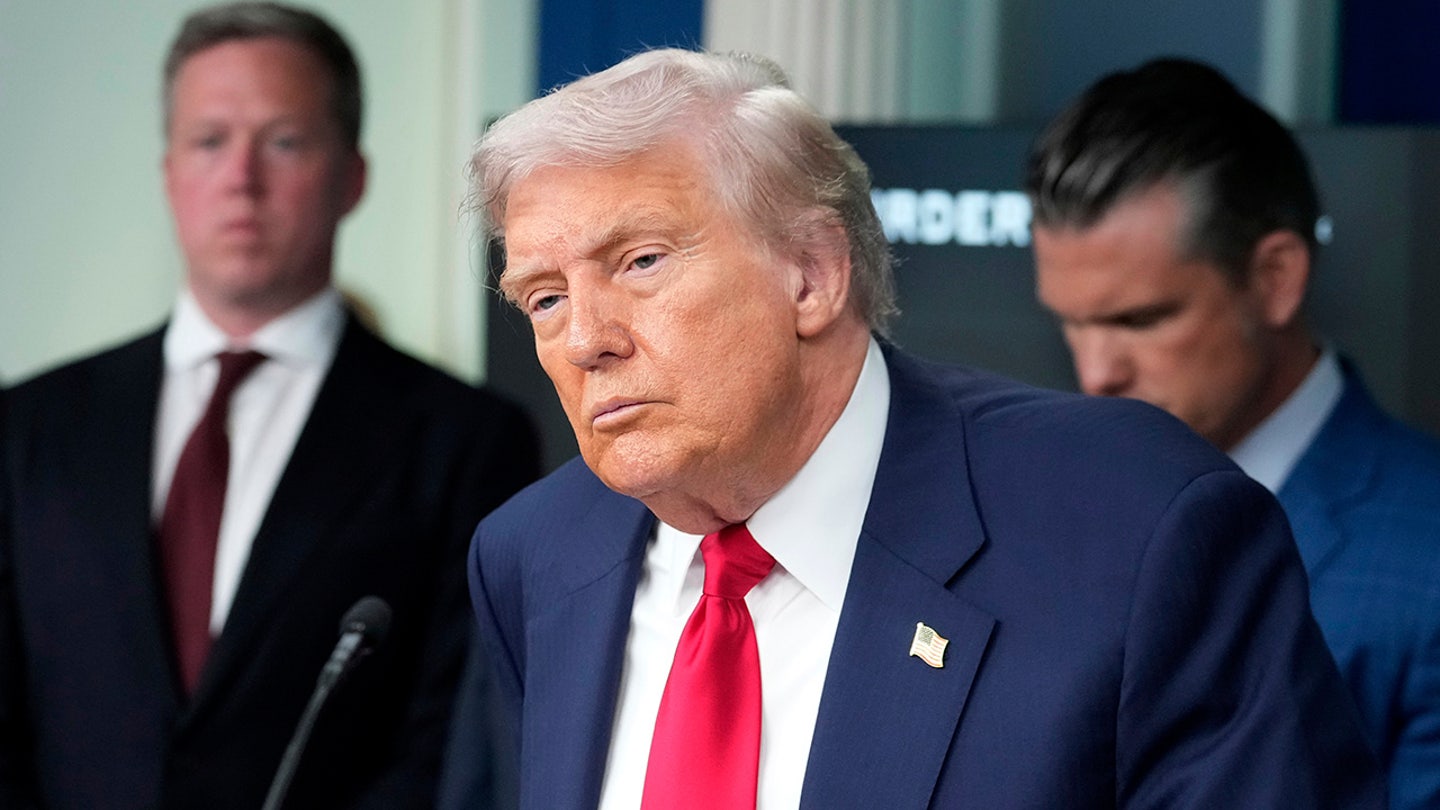
DC statehood debate intensifies as Trump flexes authority over local police
Entities mentioned:
- President Donald Trump: Power, Control, Security
- Democrats: Justice, Freedom, Righteousness
- Sen. Paul Strauss: Justice, Freedom, Duty
- Del. Eleanor Holmes Norton: Justice, Freedom, Duty
- White House: Control, Security, Power
- Sen. Tim Kaine: Justice, Freedom, Duty
- Sen. Chris Van Hollen: Justice, Freedom, Duty
- Rep. Jamie Raskin: Justice, Freedom, Duty
- Republicans: Power, Control, Security
Article Assessment:
Credibility Score: 75/100
Bias Rating: 45/100 (Center)
Sentiment Score: 35/100
Authoritarianism Risk: 55/100 (Mixed/Neutral)
Bias Analysis:
The article presents views from both sides of the debate, including quotes from Democrats and White House representatives. While it gives more space to pro-statehood arguments, it also includes counterarguments, maintaining a relatively balanced perspective.
Key metric: Democratic Index
As a social scientist, I analyze that this article highlights a significant tension between federal power and local autonomy in Washington D.C., impacting the Democratic Index. The president's actions to take control of local police forces have reignited the debate on D.C. statehood, which is fundamentally about democratic representation and self-governance. This situation exposes the unique and problematic status of D.C. as a non-state entity subject to federal control, potentially undermining democratic principles. The debate also reflects broader national tensions between federal and state powers, and partisan divides on issues of urban governance and law enforcement. The push for D.C. statehood, if successful, would significantly alter the balance of power in Congress and potentially impact future national elections, thus having far-reaching implications for the Democratic Index of the United States.

4 possible outcomes of a gerrymandering battle royale
Entities mentioned:
- Texas Republicans: Power, Control, Competitive spirit
- Democrats: Justice, Competitive spirit, Power
- Donald Trump: Power, Control, Ambition
- Supreme Court: Justice, Duty, Influence
- Texas Democrats: Justice, Determination, Righteousness
- John Cornyn: Power, Loyalty, Competitive spirit
- Kevin Kiley: Justice, Duty, Self-preservation
- Mike Lawler: Justice, Duty, Self-preservation
Article Assessment:
Credibility Score: 75/100
Bias Rating: 45/100 (Center)
Sentiment Score: 30/100
Authoritarianism Risk: 65/100 (Authoritarian Tendencies)
Bias Analysis:
The article presents multiple perspectives and potential outcomes, indicating an attempt at balanced reporting. However, there's a slight lean towards criticizing Republican actions, which is balanced by acknowledging potential Democratic responses.
Key metric: Democratic Index
As a social scientist, I analyze that this article highlights a significant threat to the democratic process in the United States through the escalation of partisan gerrymandering. The potential for a 'gerrymandering arms race' could lead to instability in representative democracy, as districts may be redrawn more frequently for political gain rather than to reflect population changes. This practice undermines the principle of fair representation and could further polarize the political landscape. The article suggests that this trend could result in a continuous cycle of retaliatory redistricting, potentially eroding public trust in the electoral system and weakening the connection between representatives and their constituents. The proposed solutions, such as legislative action or political standoffs, seem unlikely to succeed in the current partisan climate, indicating a potential long-term negative impact on the Democratic Index of the United States.